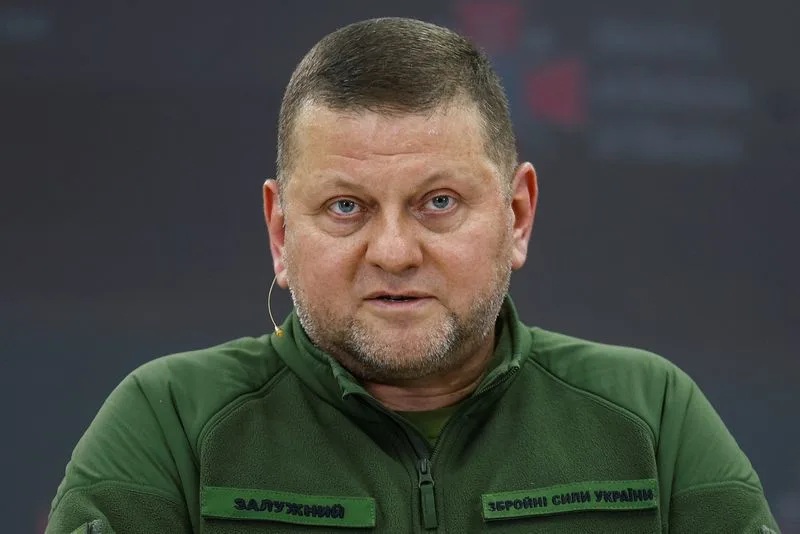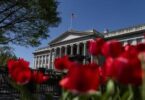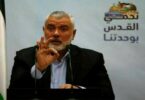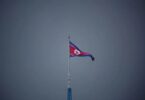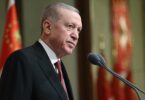KYIV (Reuters): Ukraine’s armed forces chief on Tuesday expressed frustration with the performance of military draft offices, in remarks suggesting they should mobilise more troops for the war against Russia.
General Valeriy Zaluzhnyi spoke at his first wartime news conference a day after Ukraine’s parliament published the text of a draft law containing reforms to the army draft programme, including lowering the age of men who can be mobilised to 25 from 27.
The bill’s publication sparked controversy on social media, which appeared to prompt the typically publicity-shy general to make a rare effort to speak to the press.
“I am not currently satisfied with the work of the (draft offices),” he said.
“If I was satisfied with their work, we would not be here discussing this draft law (on mobilisation).”
Ukraine saw tens of thousands of men volunteer to fight in the first months of Russia’s invasion, but that enthusiasm has dampened 22 months into the full-scale war.
Zaluzhnyi also fielded an array of other questions about the state of the war.
He conceded in response to one that Ukrainian troops had withdrawn to the edges of Maryinka, a town fought over for months which the general now said “no longer existed” due to the destruction wreaked upon it.
In response to another question, he said the war in 2024 would look different to 2023, citing the vast array of perpetually innovating battlefield technologies.
SENSITIVE TOPICS
The reforms are highly sensitive for a weary population in the midst of a nearly two-year-old war which has no end in sight. Last week, President Volodymyr Zelenskiy said the military had proposed mobilising an additional 450,000-500,000 people into the army.
Zaluzhnyi acknowledged that figure, although he said it had not come from the military. He said such a figure represented an overall plan and would be filled gradually.
He told reporters in Kyiv that he would never have revealed such a number publicly, a remark that may renew public speculation of political friction between him and Ukraine’s wartime president.
“I would not publicly discuss these figures,” he said.
Zaluzhnyi oversaw the 2023 counteroffensive that failed to retake significant quantities of Russian-occupied land.
However, he is still extremely popular with many Ukrainians after beating back Russian forces from Ukraine’s capital in early 2022 and masterminding two successful counter-offensives that autumn, which retook large amounts of territory.
“We had rather ambitious goals in 2023. I was not disappointed by the level of (foreign assistance) in 2023. Of course it was not the full (amount requested), but it allowed us to conduct confident military operations,” he said.
Tensions between Zaluzhnyi and Zelenskiy burst into the open in November after the general was quoted as saying the war was heading towards a stalemate because of the technological state of play on the battlefield, a comment that drew a rebuke from the president’s office.
Zelenskiy and his allies have consistently portrayed a less gloomy view of the war, in which they have said Ukraine can and will drive Russian forces out of every last inch of occupied territory.
Zaluzhnyi said the period since he made his comments had vindicated them: “I received lots of criticism for this, but in time people realised that I was absolutely right.”
He said that Ukraine and its allies had already identified solutions to the majority of the questions and problems he raised in his comments about the battlefield in November.
On the drafting effort, he said he would support the introduction of electronic army call-ups, a step that would replace or reinforce the current model in which draft officers hand out call-up papers to people in the street or at check points.
“We are glad for any means which will secure our demand for people,” he said.

